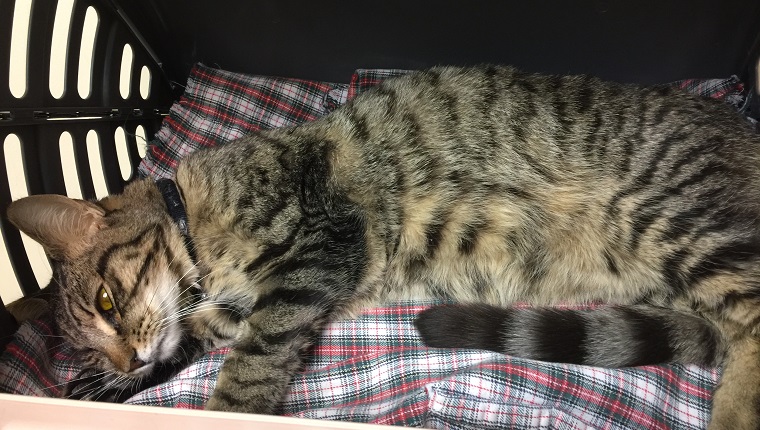Feline infectious peritonitis (FIP) in cats is a viral disease that is often deadly. It’s caused by a coronavirus, which targets cells in the infected cat’s intestinal wall. This is not the same as the coronavirus that affects humans.
There are actually two different ways that FIP might manifest itself in cats, known as wet and dry versions of the virus. It can be…




